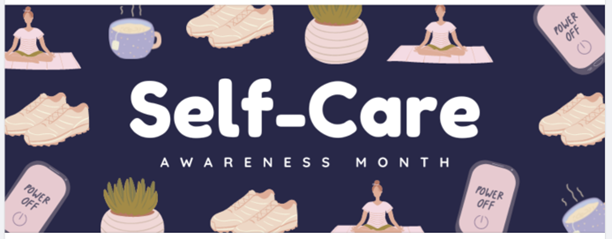Why Early Planning for Pre-Service Training Sets the Tone for a Successful Head Start Year
Previously we mentioned the importance and the impact of structuring a quality pre-service plan with attention paid to benefits of planning early and the support that quality training can have on the outcomes of a program. Now, let’s take a look at what happens intentional planning is not done and how this affects staff on a day today basis.
Common Pitfalls from Program Records
If your program keeps internal records, you’ve likely noticed a few patterns:
- New staff are often overwhelmed by the volume of information shared during a single week of pre-service.
- Returning staff tune out when training is too repetitive or disconnected from their daily work.
- Managers and specialists report spending the first month re-teaching policies or practices that were unclear during onboarding.
- Family service staff often receive the least targeted training, though their role is central to Head Start’s two-generational model.
These are not signs of failure—they are signs of opportunity.
When programs step back and treat pre-service as leadership strategy, the ripple effect is powerful. Staff feel seen, supported, and prepared. Managers become more aligned. And children and families benefit from a team that starts the year united and ready.
Make Pre-Service a Strategic Investment. Early planning allows you to:
- Customize training content by role (classroom, family services, health, admin)
- Incorporate team-building and culture-setting activities to improve retention
- Address high-need areas like trauma-informed care, mental health, or inclusive practices
- Include reflective supervision or coaching-style leadership training for managers
- Balance federal requirements with your program’s specific goals
And perhaps most importantly—it lets you bring in expert support that lightens your leadership load.
Support is Available—And Worth It. Planning pre-service training doesn’t mean doing it all yourself. A skilled training consultant can work with you to:
- Review past training outcomes and develop a customized pre-service schedule
- Deliver high-quality sessions on priority topics aligned with HSPPS and CLASS
- Equip managers with coaching tools to sustain momentum beyond the training week
- Create a training experience that energizes rather than exhausts your staff
If you’ve ever wished your team could hit the ground running on day one—or that you didn’t have to “re-train the training” by October—now is the time to rethink how you approach pre-service.
Let’s Talk. No matter the need for your program, a half-day session, one day with a specific focus, a week of cohesive events, you will receive professional development that is purposeful and carefully constructed. Pre-service is more than a start-of-year task—it’s an investment in your people, your program quality, and your long-term success. When you connect with Essential Elements to create the plan that is most appropriate for your program, you will find that there is:
- a strong focus on adult learning principles
- a brain friendly design of the training sessions
- a connection between ideas, information and practice
- a relationship-centered approach to the participants
- a structured plan with specific outcomes and expectations for results
Partner with Essential Elements to create a purposeful, high-quality pre-service plan that sets your staff—and your families—up for a successful year.









 For most of our clients, providing services to our Head Start and Early Head Start children and families has taken on a very different look than in the past. Some programs are operating on a solely virtual basis, others have reduced size classrooms while other have re-opened with a hybrid schedule. Many programs have re-opened only to have to shut down again due to COVID 19. All of our interactions with children and families have been impacted.
For most of our clients, providing services to our Head Start and Early Head Start children and families has taken on a very different look than in the past. Some programs are operating on a solely virtual basis, others have reduced size classrooms while other have re-opened with a hybrid schedule. Many programs have re-opened only to have to shut down again due to COVID 19. All of our interactions with children and families have been impacted. The answer is yes! While most of us would prefer live observations, for many of our clients, this is not possible due to COVID 19 restrictions. Forgoing CLASS observations until such time that restrictions are lifted can have a cumulative negative impact on CLASS scores. Without the data that comes from comprehensive CLASS observations, data driven decision making is impacted. Teaching staff can drift from best teaching practices and the goals set forth from previous observations and coaching. Virtual CLASS observations will not only guard against drift; our clients have found the following additional benefits to virtual observations while operating during COVID 19:
The answer is yes! While most of us would prefer live observations, for many of our clients, this is not possible due to COVID 19 restrictions. Forgoing CLASS observations until such time that restrictions are lifted can have a cumulative negative impact on CLASS scores. Without the data that comes from comprehensive CLASS observations, data driven decision making is impacted. Teaching staff can drift from best teaching practices and the goals set forth from previous observations and coaching. Virtual CLASS observations will not only guard against drift; our clients have found the following additional benefits to virtual observations while operating during COVID 19: